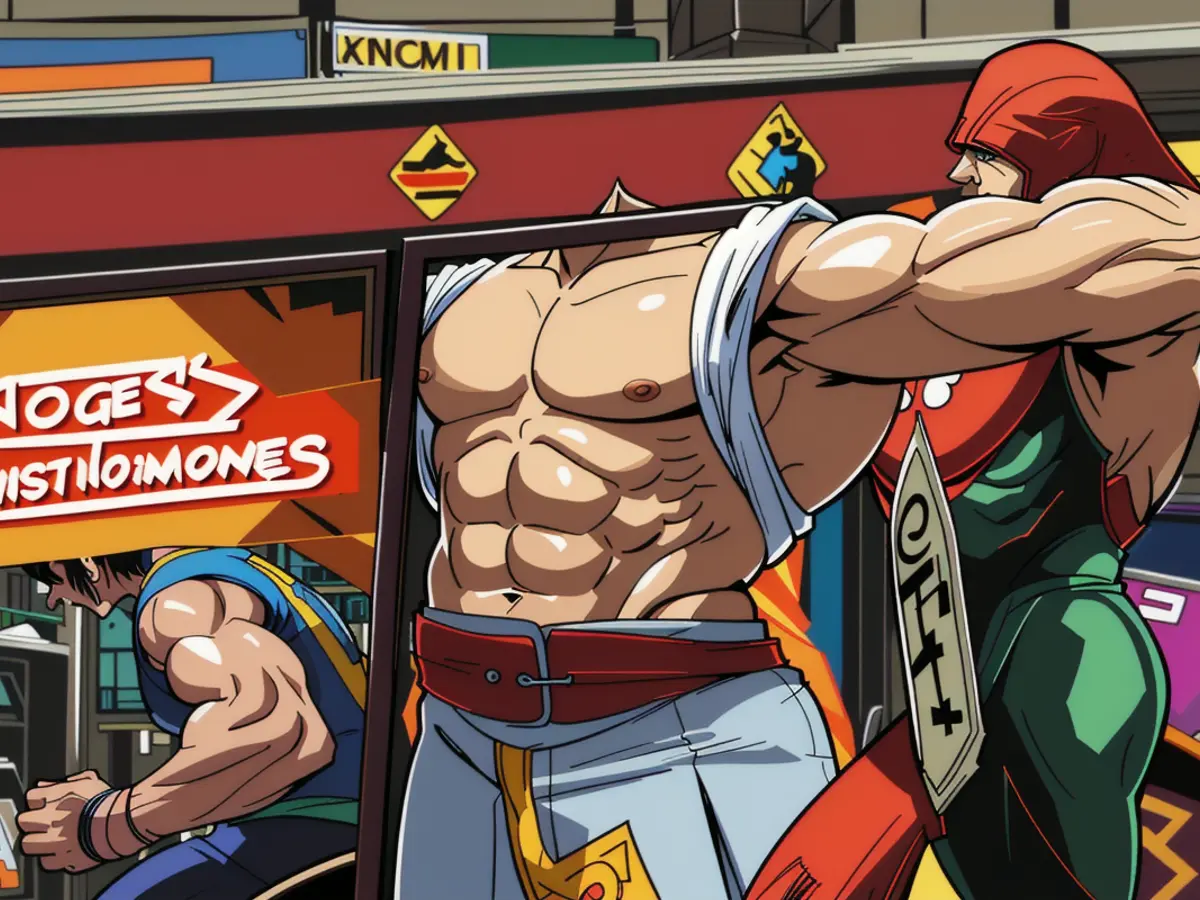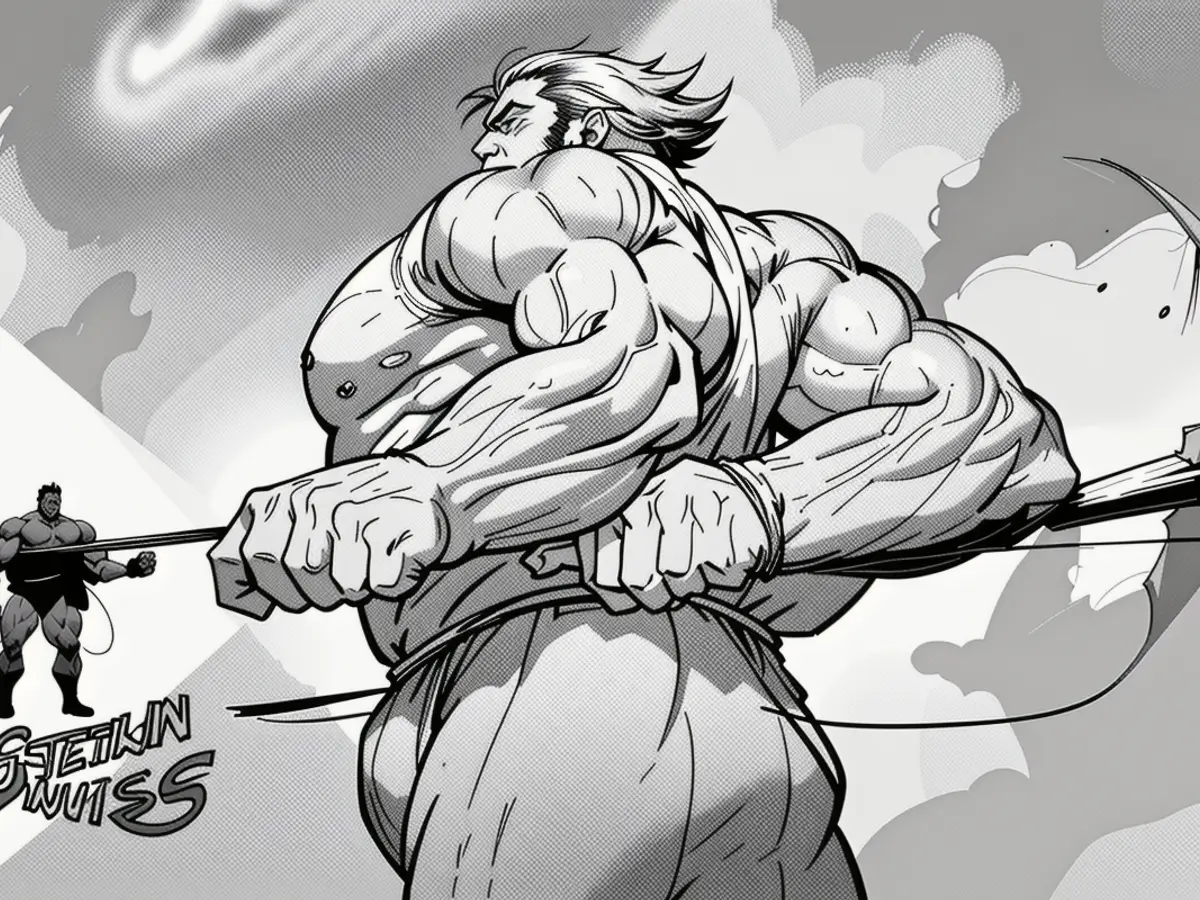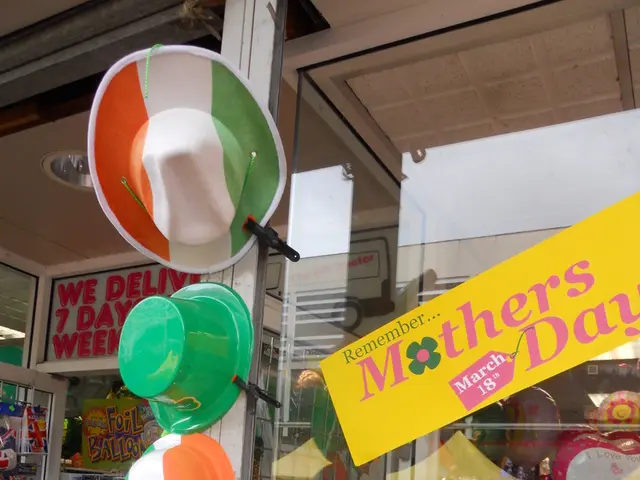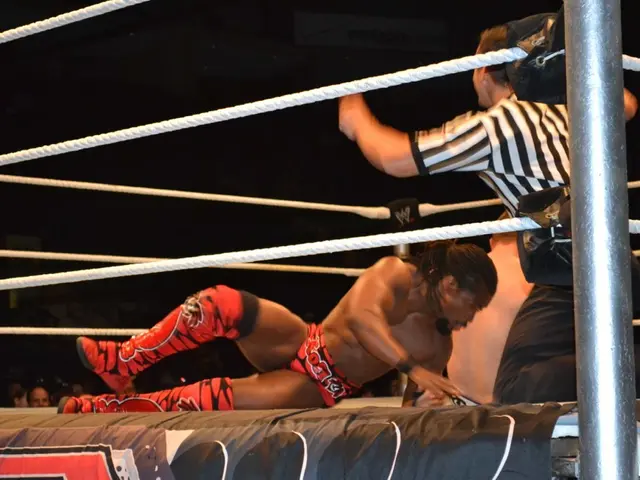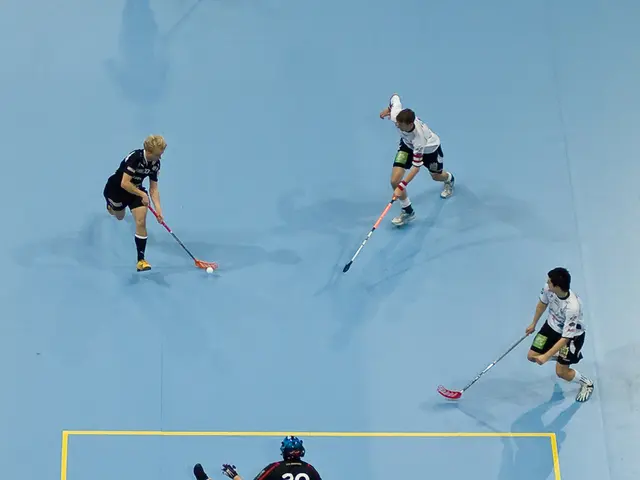Retracing the Digital Rebellion: Pirating Music in the Early 2000s, a Nostalgic Perspective
Dabbling in Illicit Music Downloads: A Confession from One of Us on Their Lawless Past - Stumbling upon the common practice we all seem to partake in at some point.
By Samira Debbeler*** - 3 Min Read
Back in the day, the digital world was still exploding, and music piracy was the name of the game. MP3s, CD burners, and questionable music tastes - that was my world. I fancied myself as a pioneer in the digital revolution, while other kids were out playing tag or collecting stupid stickers.
The Digital Underground: Kazaa, Napster, and friends
The old-school analog universe was slowly fading away, but my dreams were anything but conventional. I was downloading songs like no one's business, all while blatantly ignoring copyright laws. Since I was just a kid, I couldn't get locked up, but I sure was tech-savvy and had a devil-may-care attitude.
Remember Kazaa, Limewire, Napster, and all those other sketchy platforms we used? They weren't just tools; they were legends! Although their interfaces were basic as hell, we didn't care. Their risks were high, but so was the thrill. It was easy to believe that downloading a single song could cost someone a hefty 10,000 euros in fines. Nobody knew for sure - not even those who got fined themselves. And the suspense surrounding Bushido wouldn't let me download his stuff, for fear of beingthrown into the digital gallows!
The Quest for that one elusive track
Finding and securing a song wasn't just child's play. It was a quest, a mission, a Holy Grail hunt. All this began after dinner and went on well into the night. The thrill was indescribable. A song didn't just pop up effortlessly at our fingertips, like it does these days. No sir. We had to search for it, endure endless loading bars, and deal with modems acting up. When my pirated treasure was finally mine, I'd proudly burn it onto a disc.
Downloads were experiences. Each file, often randomly titled and misleading, was it's own little adventure. We'd wait for it, hoping it wouldn't be a trap. A 3.5MB file could take god knows how long. DSL was a far-off dream, and every phone interruption meant starting over. But eventually, it would be there. The music wasn't always perfect, with vaguely recognizable tracks and annoying ads interspersed. But nobody quit. The next file was always waiting in the queue.
A dark education
Looking back, my forays into music piracy weren't just rebellious acts, but sort of a dark, underground education. I learned to distinguish good music from bad, knew how to spot pirated tracks, and could tell the difference between high-quality and compressed files. Music became layered, multi-dimensional. It wasn't any better or worse - just harder-earned, and what's more exciting than that?
Forbidden fruits always taste sweeter, and that went for every melody we coveted. Napster, Kazaa, Limewire - our digital smugglers, our underground railroad. And Bushido? I still can't get myself to listen to him. On principle.
Oh, and did I mention that our beloved MP3 files often came with bonus items like Trojan horses and malware? That's the price of rebellion, I guess!
If you're yearning for more stories about days-gone-by, check out our Nostalgia series here: Feels Like Yesterday**
Bit ofcontext:
- Music piracy in the early 2000s was a widespread phenomenon, mainly due to the rise of file-sharing platforms that made it easy for people to download and share music illegally.
- Despite the legal challenges faced by Napster, other file-sharing platforms like Kazaa and Limewire emerged, making it harder for authorities to control piracy.
- BitTorrent and its derivatives further fueled the piracy trend, making it even more challenging to enforce copyright laws effectively.
- The convenience and accessibility offered by these platforms led to a shift in consumer preferences and behaviors, gradually paving the way for the rise of legal streaming services like Spotify and Apple Music.
"♪ I'm not gonna let you go ♪, treasured tracks once obtained through forbidden realms like Kazaa, Napster, and Limewire now echo with a touch of nostalgia, a darkeducation of sorts. They were transgressions of copyright laws, but also a time when music wasn't readily available like it is today, making the quest for every download an adventure. Yet, with this adventure came potential risks, as these digital platforms sometimes disguised malware and Trojan horses amidst the MB of files."
"In the cast of this digital rebellion, we were the unsuspecting youngsters, oblivious to the actual cost of our transgressions. However, this illicit activity transformed our understanding of music. We learned to recognize quality, spot pirated tracks, and appreciate the value of hard-earned tunes, all while being entangled in a web of potential risks."
"In our memoirs, the column titled 'Retracing the Digital Rebellion: Pirating Music in the Early 2000s' now serves as a reminder of those adventurous times, when the risk of downloading a single song could cost someone a 10,000 euros fine. A time when music piracy was the name of the game, and we were playing hard."

